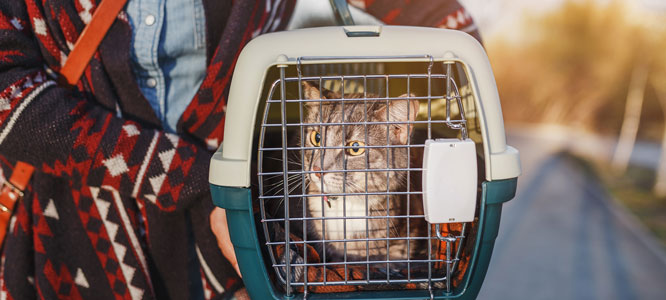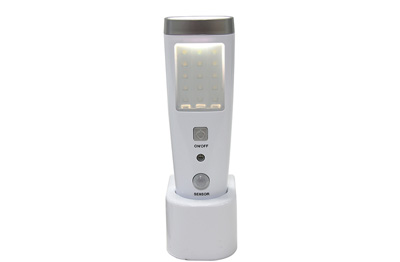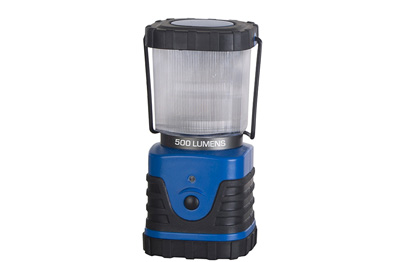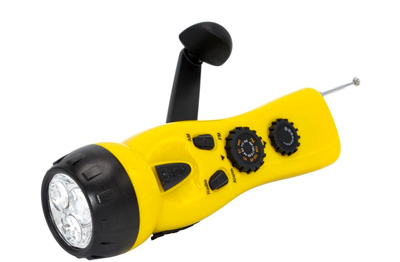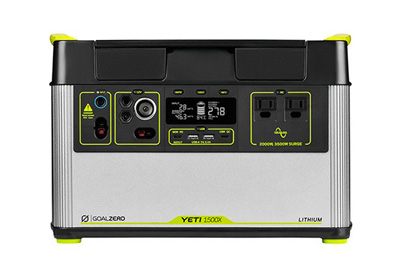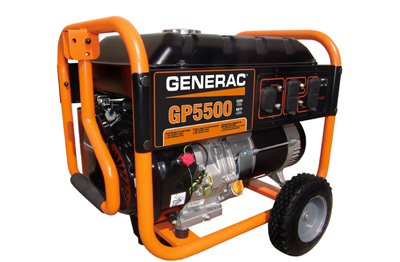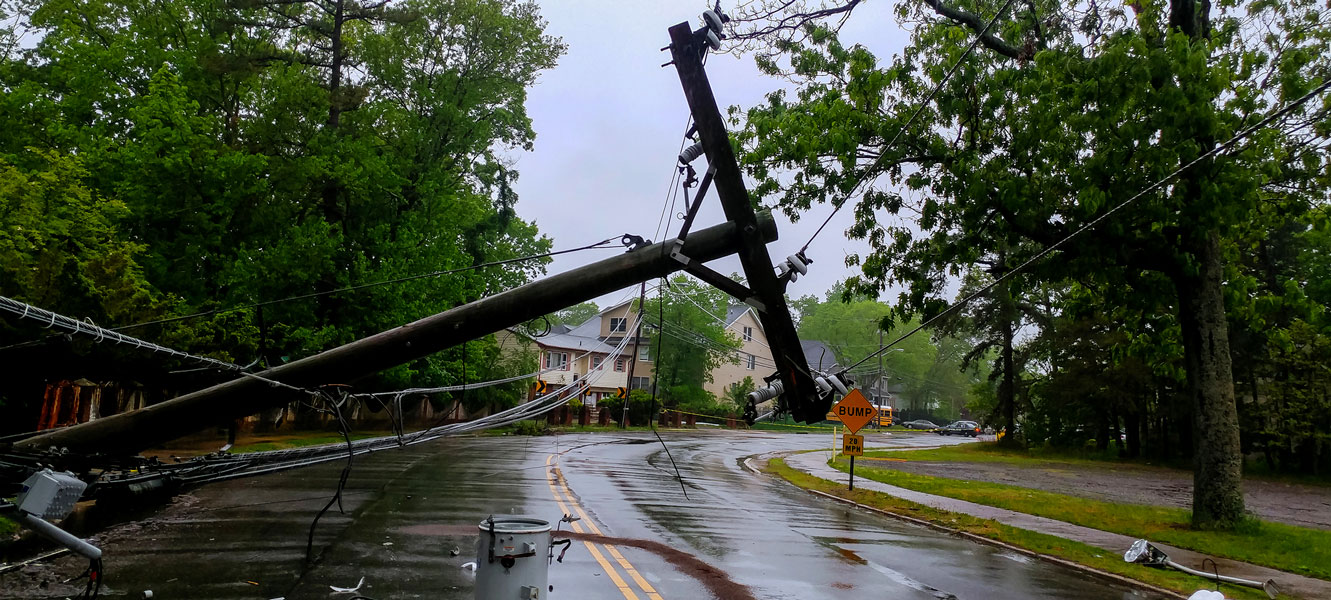
How to Prepare for a Power OutageTuesday, March 2, 2021 A power outage can happen for a variety of reasons but occurs most frequently during the summer and winter months when weather and temperatures can be extreme and unpredictable. With severe weather, a power outage can happen unplanned in the case of strong winds or vehicle accidents that take down power lines or planned in the case of rolling blackouts which are used as a last resort by power companies in order to curb energy crises or avoid system overloads. Rolling blackouts are more common during the hottest summer months when energy needs skyrocket due to increased air conditioning usage. If a blackout occurs in your town or community, the most likely causes are heat wave blackouts or damage to power line infrastructure due to lightning strikes, wind, flooding, and snow. If you reside in an area where these are particularly common, it's best to prepare yourself in advance for a power loss. While power outage situations are often short-lived, we recommend that you follow a couple of simple guidelines in case an outage occurs so that you and your family aren't caught off guard by such an event. 
Do:Talk to Your Children About Power Outages
Make a Plan
You should set a community location where you can all meet up if your family is separated. You can also stock up on nonperishable food and invest in backup power sources for electronic equipment. You might also benefit from an emergency kit. Regardless of the extent of your plans, we recommend that you start with an emergency crank- or battery-powered light and that you keep extra batteries on hand. Battery-operated radios are also are a good resource when the power supply cuts off, especially for extended outages. Invest in a Surge Protector
Get Prepared
A generator is a really good idea, particularly if you or someone in your family is dependent on medical equipment or other medical devices. Don't let natural disasters turn into personal tragedy because power-dependent medical devices don't work in a power failure. If you know you may need to rely on a generator, make sure you have the ability to reach gas stations or have extra gas on hand. You should also prepare a few other things. Make sure your gas tank is never totally empty and keep portable batteries for cell phones and other essential electronic devices charged up. Always keep batteries in all carbon monoxide detectors up to date, since carbon monoxide poisoning can occur during a power outage. Leave the premises if you notice an unusual odor. If you don't have a gas stove or gas grill that doesn't require any electricity to start, camp stoves or charcoal grills might come in handy too. Also make sure you have enough non-perishable food and water per person per day for extended power outages. A gallon of water per person per day is often recommended in case the water supply becomes contaminated or shuts off. Remember a gallon per person is the minimum recommendation. Don't:Leave Candles Unattended
Open the Fridge
Your fridge and freezer are constructed to keep cool air in to keep food cold, and by keeping it shut during a power outage, you avoid compromising the temperatures needed to keep food bacteria-free. Keep bottled water outside the fridge so you have access during a power outage without opening the fridge door. You should also keep freezer doors closed too. Consider filling coolers with ice if possible to keep food cool until the power returns. Or consider keeping the fridge on the coldest settings during times when a loss of power is likely, like during a major storm. Try to Be a Hero
No matter the circumstance of your local power outage, remember that you aren't prepared to repair a downed power line. You might only have the know-how enough to take a look at a circuit breaker. For additional information about power outages, we recommend contacting your local utility company. Your local power company will also likely have a portion of their online site devoted to power outages in your area, allowing you to confirm your power outage is more than a blown fuse and to monitor outages as they occur and are repaired. |


